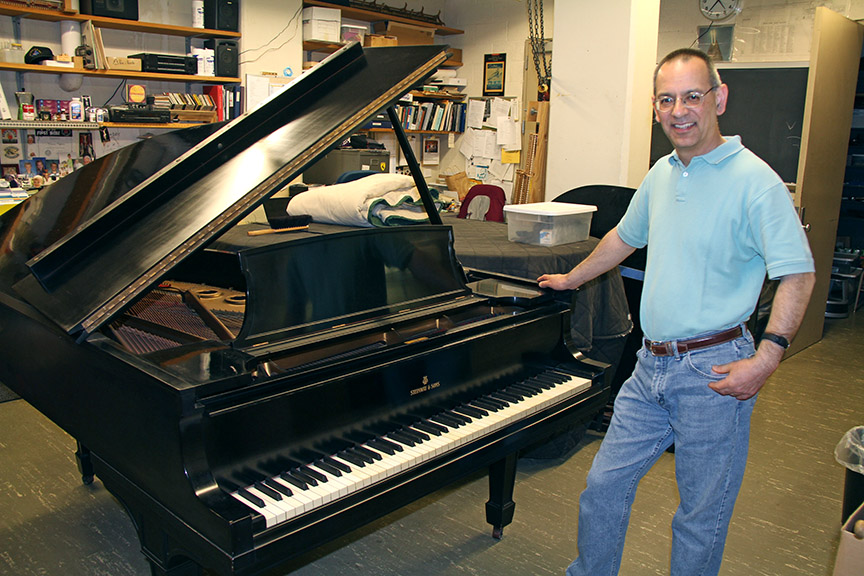If you haven’t heard of it, The Gershwin Initiative is a new collaboration between the Gershwin family (most famously known for George and Ira) and the University of Michigan. Â Specifically, U of M has already received the Gershwin Steinway piano, which was made in 1933, purchased in 1934, and played for decades by one of America’s most musically contributive families.

Piano gifts aside, a more critical reason for the collaboration is the creation of a critical edition of the Gershwin songbook. Â U of M has been granted full scholarly access to the works, including early versions and supplementary notes to all the pieces.
This may not seem like much to the average music listener, but to put it in comparison, it would be like receiving access to all of Shakespeare’s diaries and sticky-notes (if they had sticky notes in the 17th century) with his comments and thought process laid out in one collection.
It is kind of a big deal.
As an English major and self-proclaimed bibliophile who reads copyright information and dedications before delving into its contents, I am frequently made aware of the editorial contributions of many people even with books written by one author. Â And once a book has gone to print, there is also the fact that new editions arise within years (and sometimes months or even weeks). Â Decisions are made and contents can be drastically altered.
But I don’t often think this way towards music. Â Music is such a prescribed art form, with its rhythmic and timing constraints. Â Classical or orchestrated music in particular, always sounds so rigidly controlled. Â The musicians have no free reign to alter the music if the conductor does not alter his commands. Â And the fact that there can be such varied interpretations of this kind of music befuddles a music neophyte like myself.
Needless to say, I cannot wait to attend one of the accompanying Gershwin events in the coming months. Â There is no denying the Gershwin influence on American opera, orchestra, and jazz. Â I’ve never heard a Gershwin piece that didn’t make me want to return to a classier, swankier time. In fact, my first Ann Arbor Symphony performance viewing included ‘Cuban Overture’ which stayed in my head for weeks afterwards. Â Here’s to musical compilation and collaboration!


Leave a Reply
Be the First to Comment!